Applying to graduate school is a significant step in your academic journey, and crafting the perfect letter can make all the difference. It's your opportunity to showcase not only your qualifications but also your passion for the field you're pursuing. A well-structured letter can express your unique experiences and aspirations, setting you apart from other candidates. So, let's dive into some essential tips and a helpful template to guide you through this important task!

Academic Background Relevance
The academic background of an applicant plays a crucial role in graduate school applications. A Bachelor's degree in Psychology from a reputable institution, such as Harvard University, can provide a solid foundation for advanced studies in clinical psychology. Relevant coursework includes Cognitive Behavioral Therapy and Research Methods, complemented by an internship at a leading mental health facility, like the Massachusetts Mental Health Center. Achievements such as a GPA of 3.9 or higher demonstrate academic excellence and commitment to the field. Participation in research projects, especially those published in journals like the Journal of Clinical Psychology, showcases analytical skills and a thorough understanding of psychological principles. Additionally, leadership roles in organizations, such as the Psychology Club or Psi Chi, further enhance an applicant's profile, highlighting teamwork and communication skills essential for success in graduate studies.
Research Experience and Interests
Research experience significantly enhances graduate school applications by showcasing a candidate's expertise and interests in their field. In university laboratories, students engage in hands-on research, exploring topics like molecular biology or artificial intelligence. For instance, a research project analyzing gene editing (CRISPR-Cas9) may involve experiments conducted at renowned institutions such as MIT's McGovern Institute. This practical knowledge not only deepens understanding but also fosters essential skills in data analysis, experimental design, and academic writing. Candidates may express their interests in specific areas, such as neurobiology or renewable energy technologies, reflecting a commitment to advancing scientific knowledge and contributing to societal solutions. Engaging in conferences like the Annual Biomedical Research Conference further broadens horizons, providing networking opportunities with established researchers and potential mentors.
Alignment with Program Objectives
Graduate school programs often emphasize specific objectives that align with students' academic and professional goals. For instance, a Master's in Environmental Science at Stanford University focuses on sustainable development and climate change mitigation. By enrolling in this program, students can engage with cutting-edge research and collaborate with experts in the field, such as Dr. Jane Smith, who specializes in renewable energy systems. Participants can also gain practical experience through internships with organizations like the World Wildlife Fund, enhancing their skills and networking opportunities. The program's commitment to interdisciplinary approaches encourages a holistic understanding of environmental issues, making it an ideal choice for those aspiring to make impactful contributions to global sustainability initiatives.
Professional Goals and Aspirations
Aspiring to become a leader in the field of renewable energy, I aim to contribute significantly to sustainable practices in technology and environmental policy. With a Bachelor's degree in Environmental Science from the University of California, Berkeley (graduated in 2021), I am particularly interested in developing innovative solutions that enhance energy efficiency. Through my internship at SolarCity, I gained firsthand experience in solar panel installation processes and energy audits. My goal is to pursue a Master's degree at Stanford University's Sustainable Energy program to deepen my understanding of energy systems and to engage in research on solar energy advancements. I envision my future career involving collaboration with governmental organizations to implement policies that promote clean energy adoption across the United States. By focusing on both the technical and policy aspects of renewable energy, I aspire to be at the forefront of the transition towards a greener economy.
Personal Motivations and Unique Qualities
Personal motivations for pursuing graduate studies often stem from a desire to deepen expertise in a specific field, such as environmental science or artificial intelligence. Unique qualities, such as resilience in overcoming academic challenges or a diverse background, contribute to a well-rounded perspective in graduate settings. Experiences from internships, like those at renowned organizations (e.g., World Wildlife Fund or Google), enhance practical knowledge and foster professional growth. Engaging in community service projects can illuminate personal values, demonstrating commitment to societal improvement. Additionally, participation in research during undergraduate studies, particularly projects focused on renewable energy solutions, can showcase dedication to innovation. These elements combined provide a compelling narrative of aspiration, preparation, and the distinctive traits that candidates bring to graduate programs.

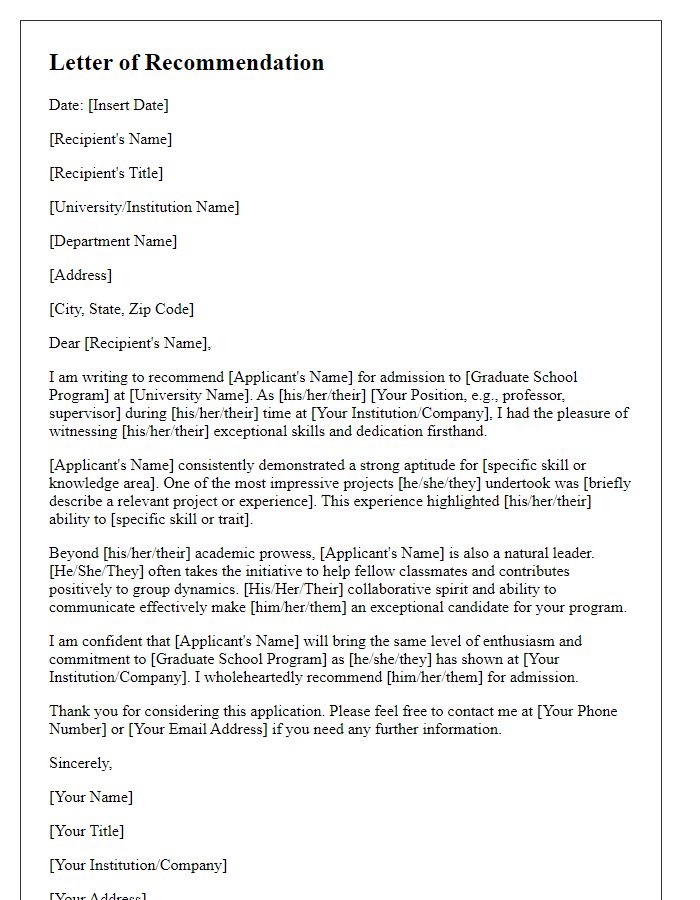
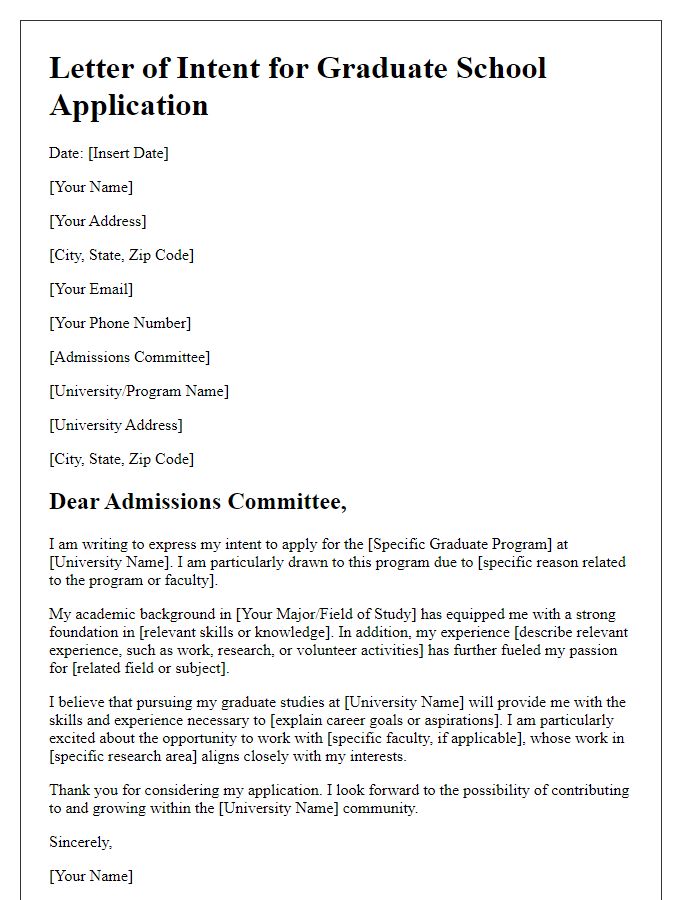
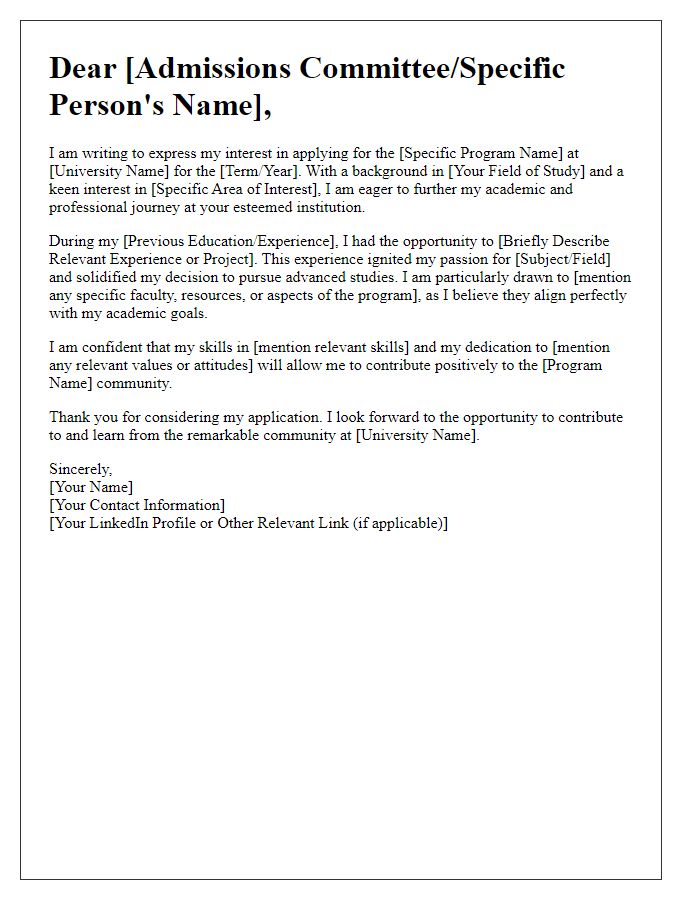
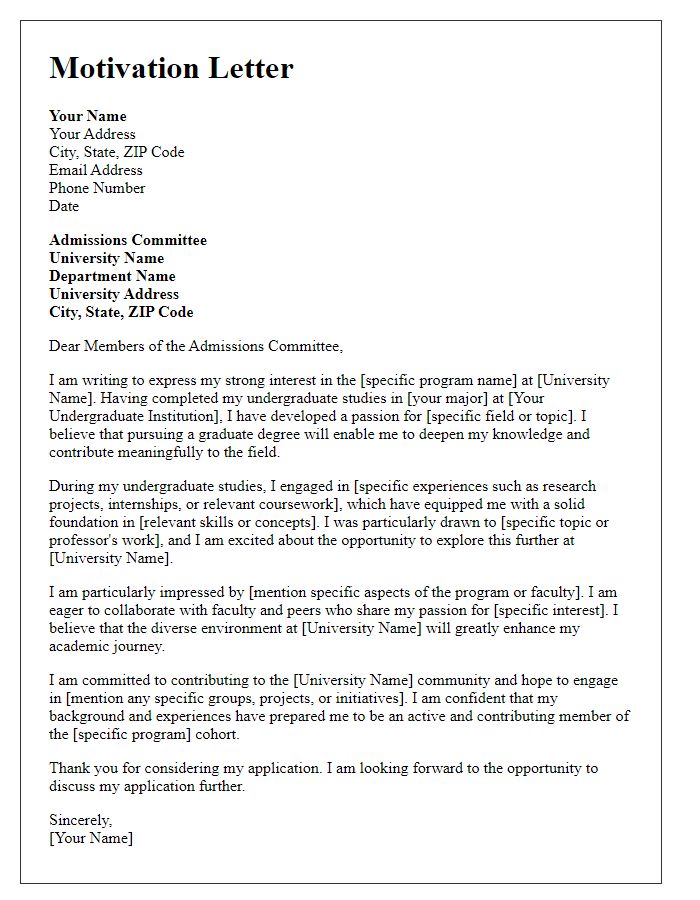
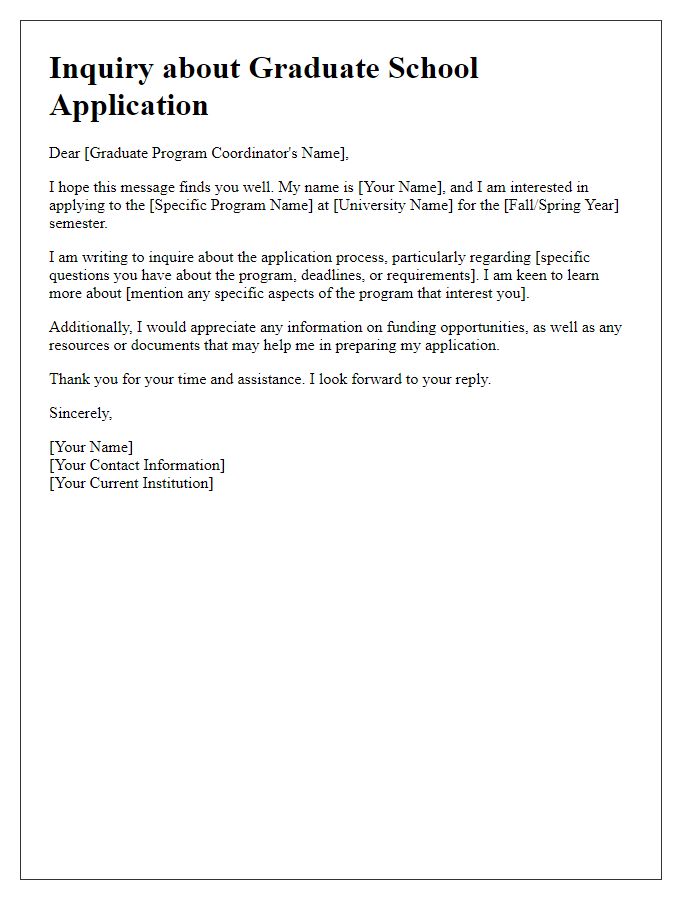
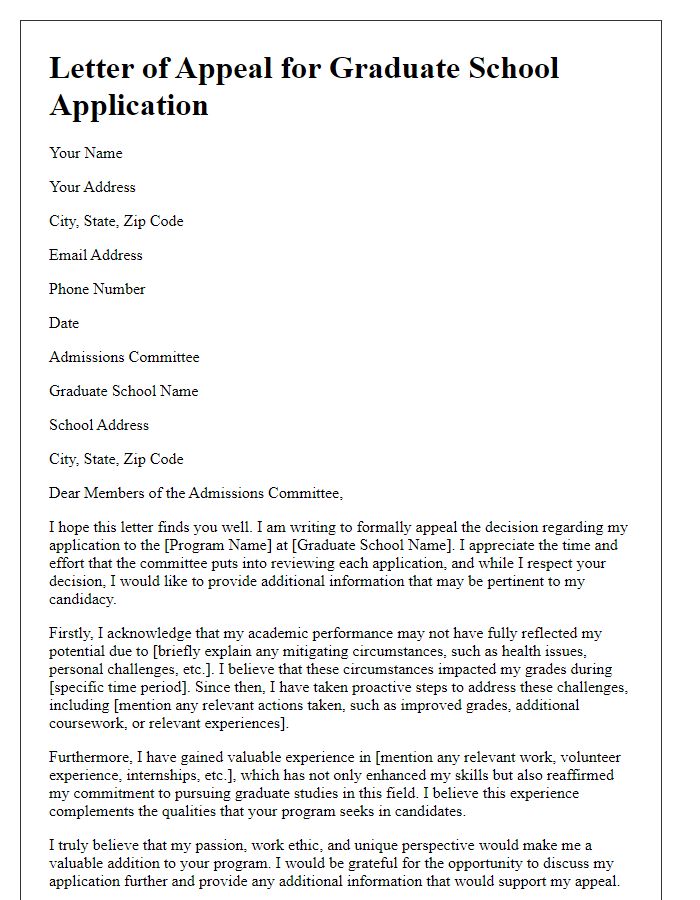
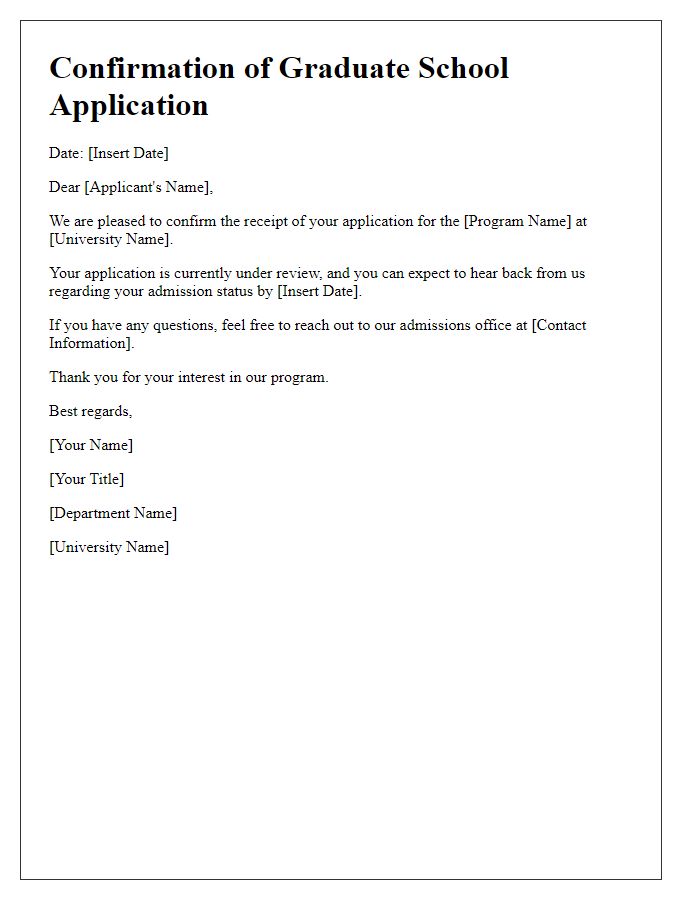
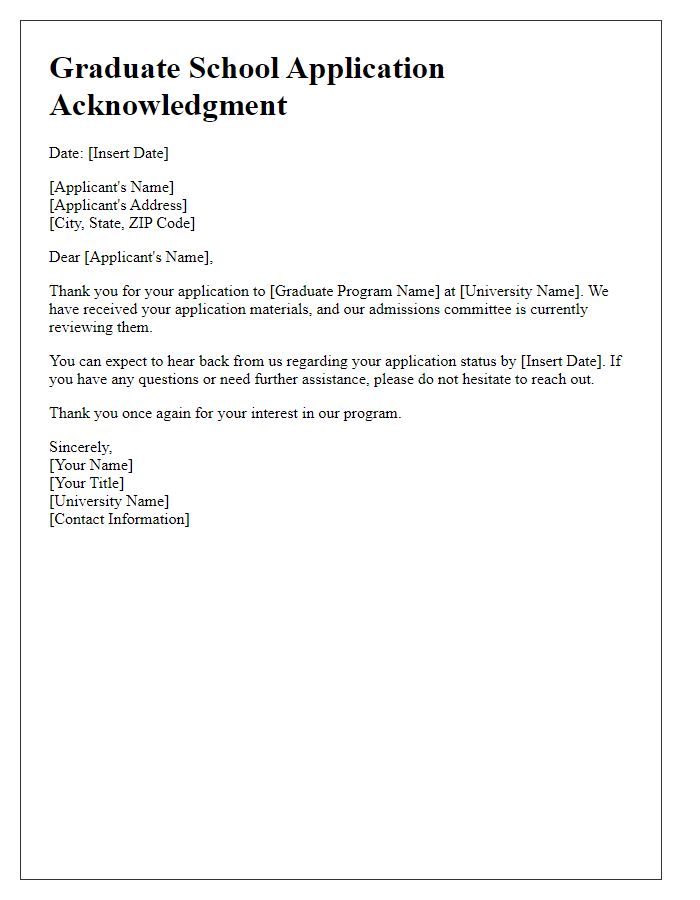
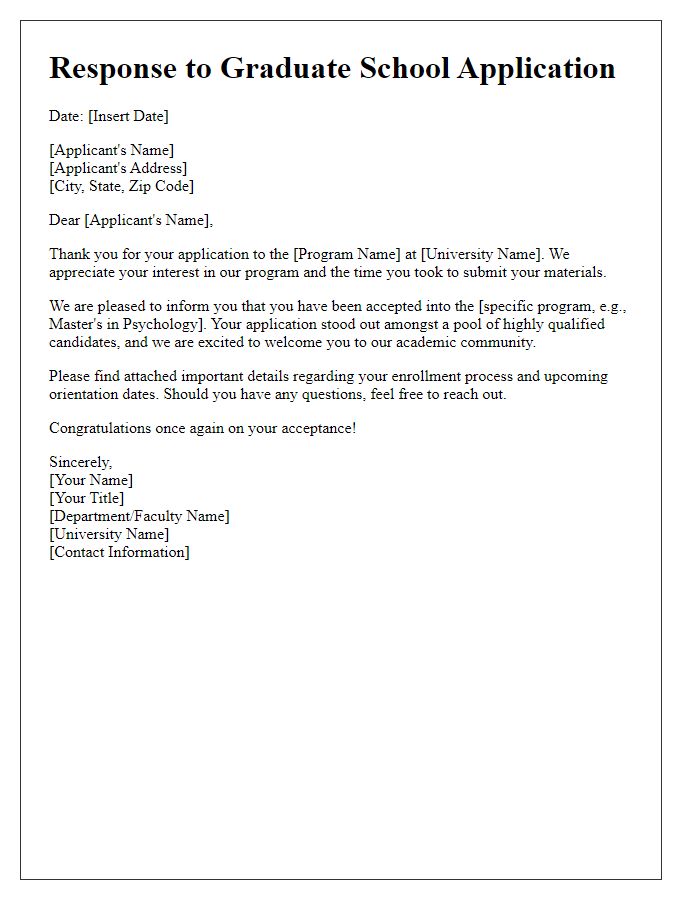
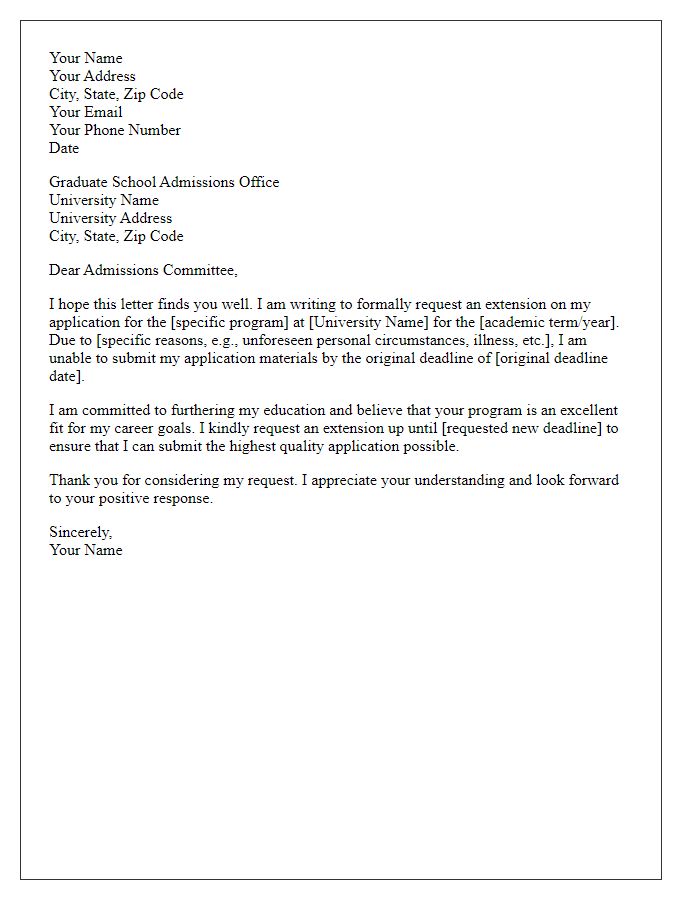


Comments